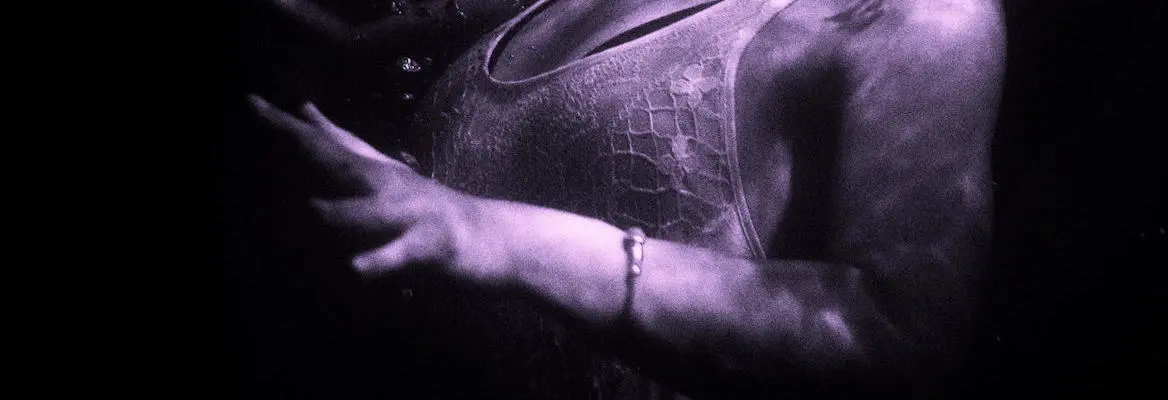“Everyone who is born holds dual citizenship, in the kingdom of the well and in the kingdom of the sick." Susan Sontag, Illness as Metaphor (1978)
Eros and illness are abstract terms, with widely differing definitions, but equally undefined and unexpected they broke into my life as anything but abstractions. I belong to the growing number of family members suddenly thrust into the role of caregivers: spouses, siblings, adult children looking after elderly parents, even (as in AIDS-devastated Africa) exhausted grandparents or overwhelmed teenagers left to care for disease-orphaned children.
Eros is the classical god of desire, and classical writers did not think highly of his love-related activities. “He ruins mortals and causes them every kind of disaster…”: so Euripides writes. Eros for Greek tragedians is a power that, simply put, can rip your life apart. The Golden Ass, a late Latin romance, describes Eros (in his Roman form as Cupid) “rampaging through people’s houses at night armed with his torch and arrows, undermining the marriages of all.” Roman and Greek lyric poets see a doubleness inherent in eros—pleasure but also pain, ecstatic self-transcendence but also abject self-betrayal— which Sappho captures in the repeated epithet bittersweet. “Eros is expropriation,” classicist Anne Carson sums up. “He robs the body of limbs, substance, integrity and leaves the lover, essentially, less.” Eros could thus make a very bad choice of bedfellow if you fall ill, but it proves equally misguided to jump to a blanket condemnation of erotic desire.
I want to explore the counterintuitive position that Eros is almost always, if invisibly, at the sickbed. We will make better choices and face better outcomes if we recognise the ambidextrous power of Eros both for good and for ill.
We live in an age of superheroes, as confirmed by the cinematic fantasies we pay good money to see, so Eros (as a defunct but once powerful Greek god) fits right in. If Marvel Comics is the new matrix of post-postmodern mythology, replacing old-school classical deities with contemporary figures such as Batman and Wolverine, Eros too has been transformed—into the lower-case human internal power that we associate with everything erotic. The currents of human erotic life flow through pop culture like an underground stream, nourishing even the larger-than-life, real-time, human superheroes who appear on screen and onstage, from rock stars and megawatt evangelists and famous athletes to upstart political demagogues. The erotic life, however, also has its opponents not limited to traditional puritans. Rich multinational corporations, faceless government bureaucracies, and vast, unseen digital networks reinforce their own hidden power and reaffirm our inverse, relative powerlessness with strategies that deflect or disarm any erotic impulse. Biomedicine ranks among the everyday hidden superheroes generally opposed to the erotic life that help to define the conflicting tone of modern life.
___
"Roman and Greek lyric poets see a doubleness inherent in eros—pleasure but also pain, ecstatic self-transcendence but also abject self-betrayal."
___



















Join the conversation